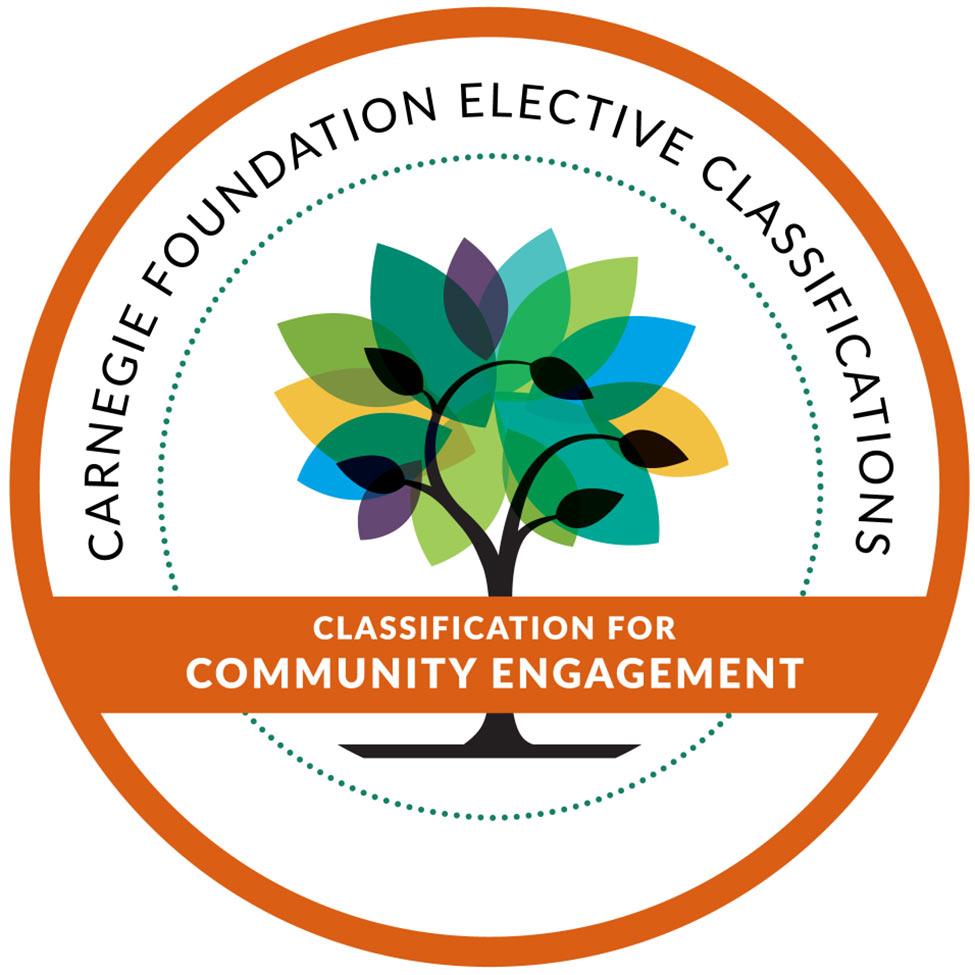
South Korea's 'Fake News' Law Tests Press Autonomy
Internationally, Dyson Professor Seong Jae Min provides expert insight to Deutsche Welle on South Korea’s proposed “fake news” law. Professor Min explains that the speed and scale of digital disinformation have outpaced existing legal frameworks, while noting that any new regulation must balance harm reduction with press freedom and democratic norms— the story gets picked up by The Philippine Daily Inquirer and Tempo.co.
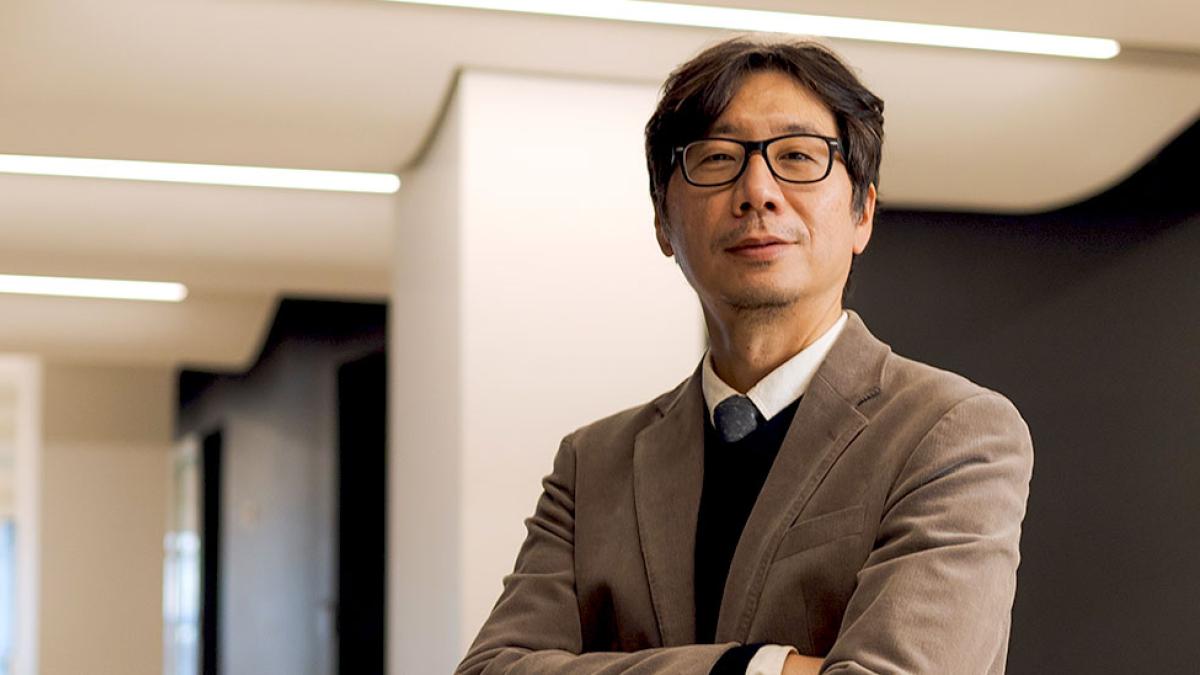
Pace Commercial Dance Student Spotlighted on ABC’s Eyewitness News
ABC’s Eyewitness News featured a proud moment for News Anchor Liz Cho, highlighting her daughter Louisa Simone Gottlieb, a Sands College of Performing Arts student in the BFA Commercial Dance program. Cho proudly highlighted her daughter’s role in an upcoming theatrical production—sharing that previews begin tomorrow night—and praised Pace’s prestigious training and the impact of working alongside a talented professional cast. The segment underscored Pace’s strong reputation in commercial dance and its role in preparing students for professional performance careers.
Pace University (Act II) with Amanda Flynn | Mapping The College Audition: An MTCA Podcast
Broadway Podcast Network features Program Head of Musical Theater Amanda Flynn, in a deep dive on Pace’s audition and training process.
Best Airline Credit Cards of February 2026
Lubin Professor Andrew Coggins provides expert commentary to WalletHub on the Best Airline Credit Cards of February 2026, offering perspective on rewards structures and travel value.
The 2026 Lawdragon 500 Leading Environmental Lawyers
Pace’s environmental leadership is recognized nationally as Haub Law Professor Achinthi Vithanage is named to the 2026 Lawdragon 500 Leading Environmental Lawyers, honoring top legal minds advancing environmental and climate justice, The Green 500 reports.
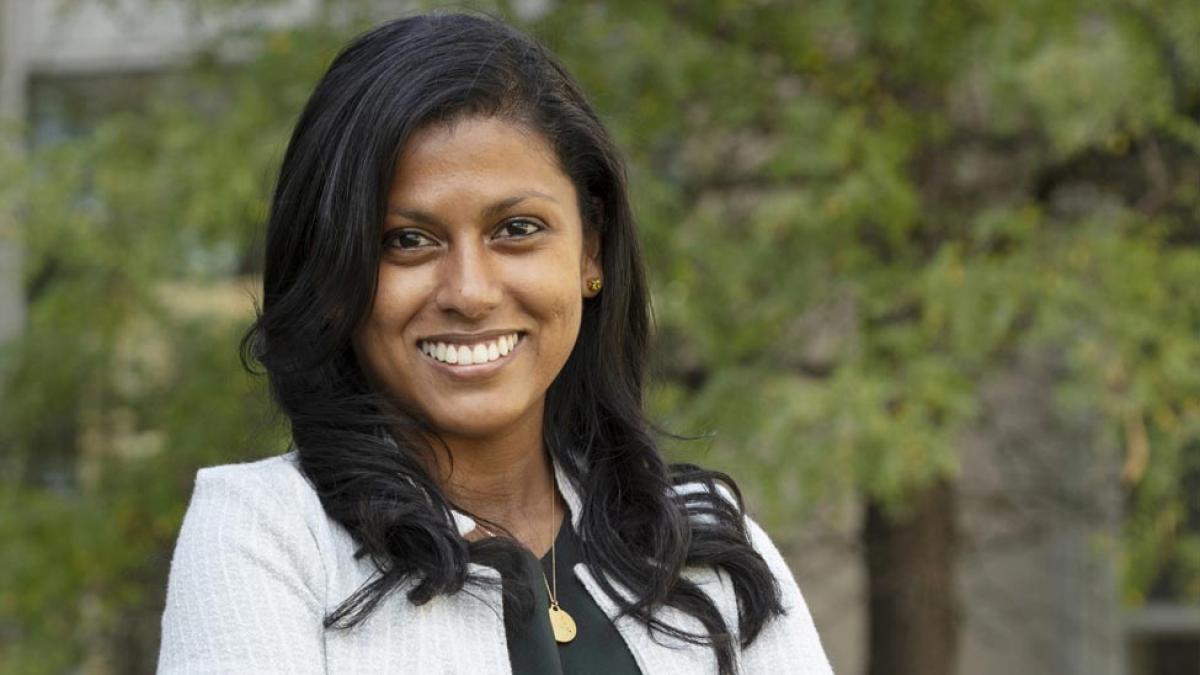
Can ICE Agents Be Prosecuted for Shootings? What to Know
In Newsweek, Pace Haub Law Professor Bennett L. Gershman weighs in on whether ICE agents can be prosecuted for fatal shootings. Gershman explains that federal agents do not enjoy absolute immunity and could face state murder charges or federal civil rights violations, depending on the facts. “Police officers charged with crimes or civil rights violations never enjoy absolute immunity,” he said, underscoring the constitutional limits on law enforcement authority.
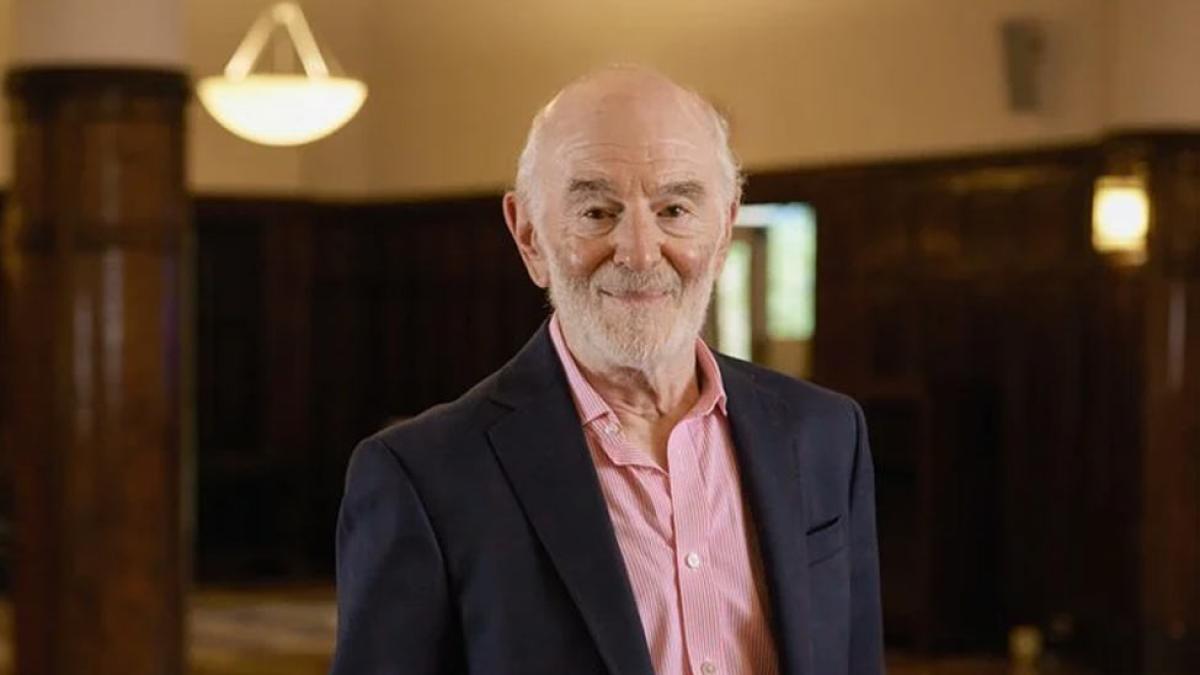
Taylor Swift, Those Cringey Blake Lively Texts And The Lesson We All Can Learn
Dyson Professor Melvin Williams speaks to USA Today amid coverage of leaked text messages involving Taylor Swift and Blake Lively. Professor Williams explains how the controversy clashes with Swift’s carefully cultivated parasocial relationship with fans, raising renewed questions about authenticity and celebrity branding. He notes that private communications made public can disrupt fan trust and reshape audience perceptions— the story gets picked up by Yahoo News Canada, Detroit Free Press, The Times Herald, Oshkosh Northwestern, Reno Gazette-Journal, Iowa City Press-Citizen, El Paso Times, and more.
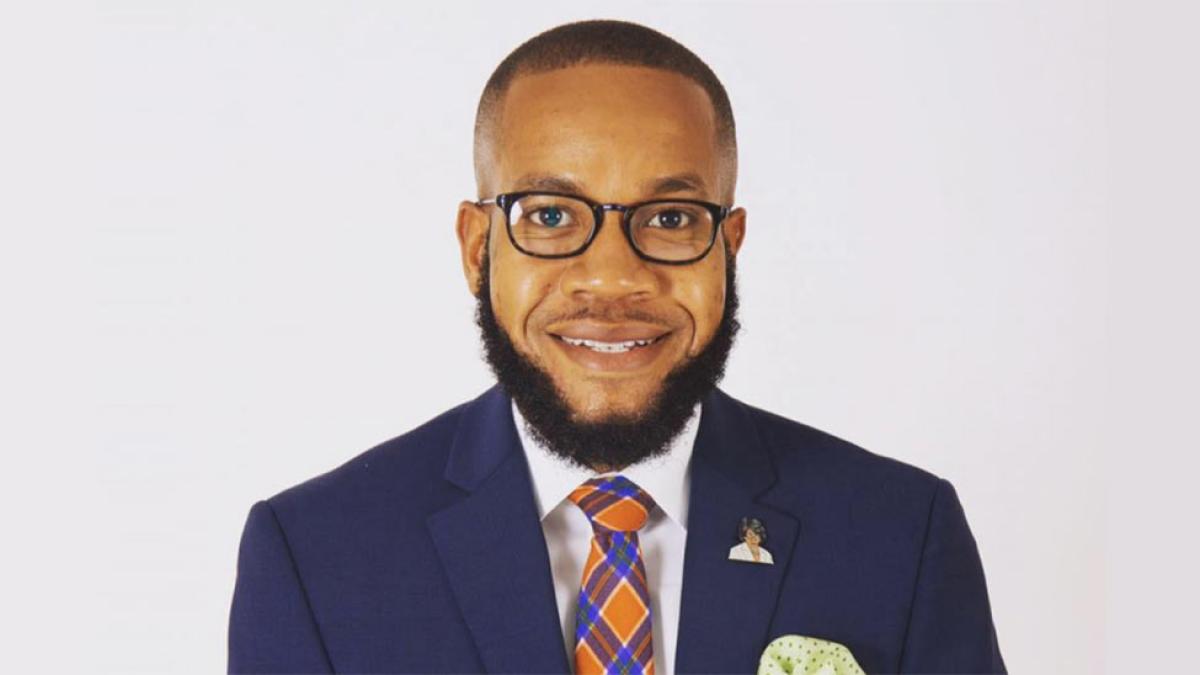
Alison Carr-Chellman
The EDU Ledger, formerly known as Diverse: Issues of Higher Education reports that Provost Alison Carr-Chellman has officially begun her tenure at Pace.

Press Release: Pace University Earns Carnegie Foundation National Recognition
Pace University has once again been recognized as a national leader in civic and community engagement, earning the Carnegie Foundation’s 2026 Community Engagement Classification.
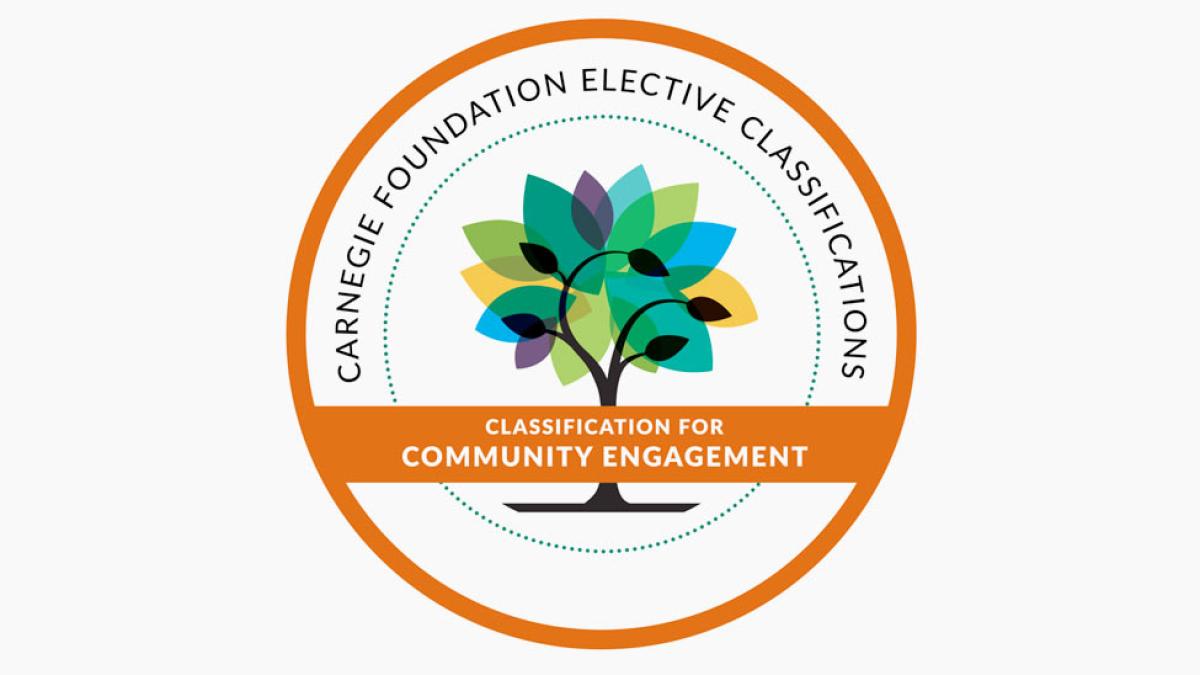
Recognition affirms Pace’s sustained, institution-wide commitment to community-engaged teaching, research and service

Pace University has once again been recognized as a national leader in civic and community engagement, earning the Carnegie Foundation’s 2026 Community Engagement Classification.
Administered by the Carnegie Foundation for the Advancement of Teaching in partnership with the American Council on Education, the classification is awarded following a rigorous, evidence-based review of institutional practices, partnerships, and outcomes.
At Pace, community engagement is embedded in academic and co-curricular design through the Civic Engagement and Public Values (CEPV) course requirement and university support for faculty and partners via programs and initiatives including our Center for Community Action and Research (CCAR).
“This recognition affirms Pace’s identity as a university where academic learning is rooted in community partnership,” said Pace President Marvin Krislov. “In both New York City and Westchester County, our students and faculty collaborate with local organizations to address real challenges, strengthen civic life, and expand access to education, healthcare, and environmental resources. It reflects the work we do every day and the values we hold as an institution.”
Students contribute tens of thousands of service hours annually through civic engagement courses and CCAR initiatives. For example, in 2023, Pace students logged more than 57,000 hours of service through Civic Engagement and Public Values courses and CCAR.
Pace’s community engagement is reflected in a wide range of academic and community partnerships, including:
- Islands, Archipelagos, and Cultural Ecologies, a three-year interdisciplinary initiative supported by a $476,000 grant from the Mellon Foundation, which connects environmental justice, the humanities, and place-based learning by examining island ecologies in New York City and beyond.
- The City and the Sea: A New York City Fellowship in Civics and Public Service, supported by a $300,000 grant from The Teagle Foundation, which connects students with public offices and community organizations through coursework and internships focused on civic life and public service.
- A partnership with Feeding Westchester, which piloted the county’s first college-partnered mobile food pantry, providing fresh food to campus communities while supporting food access and nutrition education. During the 2023–2024 academic year, the initiative served more than 2,200 households.
- A 16-year collaboration with the Billion Oyster Project, which engages Pace faculty and students in restoration science and environmental education, supporting efforts to restore New York Harbor while expanding STEM learning opportunities for more than 10,000 students and hundreds of teachers.
In the 2026 cycle, 237 institutions nationwide earned the CE Classification marking the third time the University has been recognized since the classification was first introduced in 2006.
In addition, Pace University was recognized in the 2025 Carnegie Classifications of Institutions of Higher Education as one of only 33 institutions nationwide to earn the dual designations of Research College & University (RCU) and Opportunity College & University (OCU), reflecting the University’s commitment to research, access, and student success.
“Civic engagement at Pace is deeply integrated into our academic mission,” said Rebecca Tekula, PhD, interim associate provost for external engagement and faculty opportunity at Pace University. “Through coursework, community partnerships, and experiential learning opportunities, our students develop the knowledge, skills, and responsibility needed to contribute meaningfully to their communities and to civic life.”
“Pace University is a trusted partner in Westchester County’s work to strengthen communities and expand opportunity,” said Westchester County Executive Ken Jenkins. “Through sustained collaboration with our county agencies and local nonprofits--grounded in civic engagement, applied research, and student learning--Pace helps deliver practical solutions to real challenges, and we deeply value the university’s long-term commitment to serving the public good.”
The Carnegie Community Engagement Classification recognizes institutions that integrate civic learning into their curriculum, sustain reciprocal partnerships with communities, and align engagement efforts with institutional mission and strategy.
About Pace University
Since 1906, Pace University has been transforming the lives of its diverse students—academically, professionally, and socioeconomically. With campuses in New York City and Westchester County, Pace offers bachelor, master, and doctoral degree programs to 13,600 students in its College of Health Professions, Dyson College of Arts and Sciences, Elisabeth Haub School of Law, Lubin School of Business, Sands College of Performing Arts, School of Education, and Seidenberg School of Computer Science and Information Systems.
About the Carnegie Classifications
The Carnegie Classifications are the nation’s leading framework for categorizing and describing colleges and universities in the United States. Utilized frequently by policymakers, funders, and researchers, the Classifications are a critical benchmarking tool for postsecondary institutions. ACE and the Carnegie Foundation announced a partnership in February 2022 to reimagine the Classifications to better reflect the diversity of postsecondary institutions and more completely characterize the impact that today’s institutions have in society.
About the American Council on Education
The American Council on Education (ACE) is a membership organization that mobilizes the higher education community to shape effective public policy and foster innovative, high-quality practice. As the major coordinating body for the nation’s colleges and universities, our strength lies in our diverse membership of more than 1,600 colleges and universities, related associations, and other organizations in America and abroad. ACE is the only major higher education association to represent all types of U.S. accredited, degree-granting colleges and universities.
Tyler Maulsby Explores Legal Ethics and Artificial Intelligence During 2026 Philip B. Blank Memorial Lecture
The Elisabeth Haub School of Law at Pace University welcomed Tyler Maulsby, Deputy Managing Partner of Frankfurt Kurnit Klein and Selz PC, to deliver the 2026 Philip B. Blank Memorial Lecture on Attorney Ethics speaking on, “Legal Ethics in the Age of Artificial Intelligence.” Held virtually on Monday, January 26, Tyler examined how the expanding use of generative AI is reshaping the legal profession and raising critical ethical questions for lawyers, clients, courts, and the public.
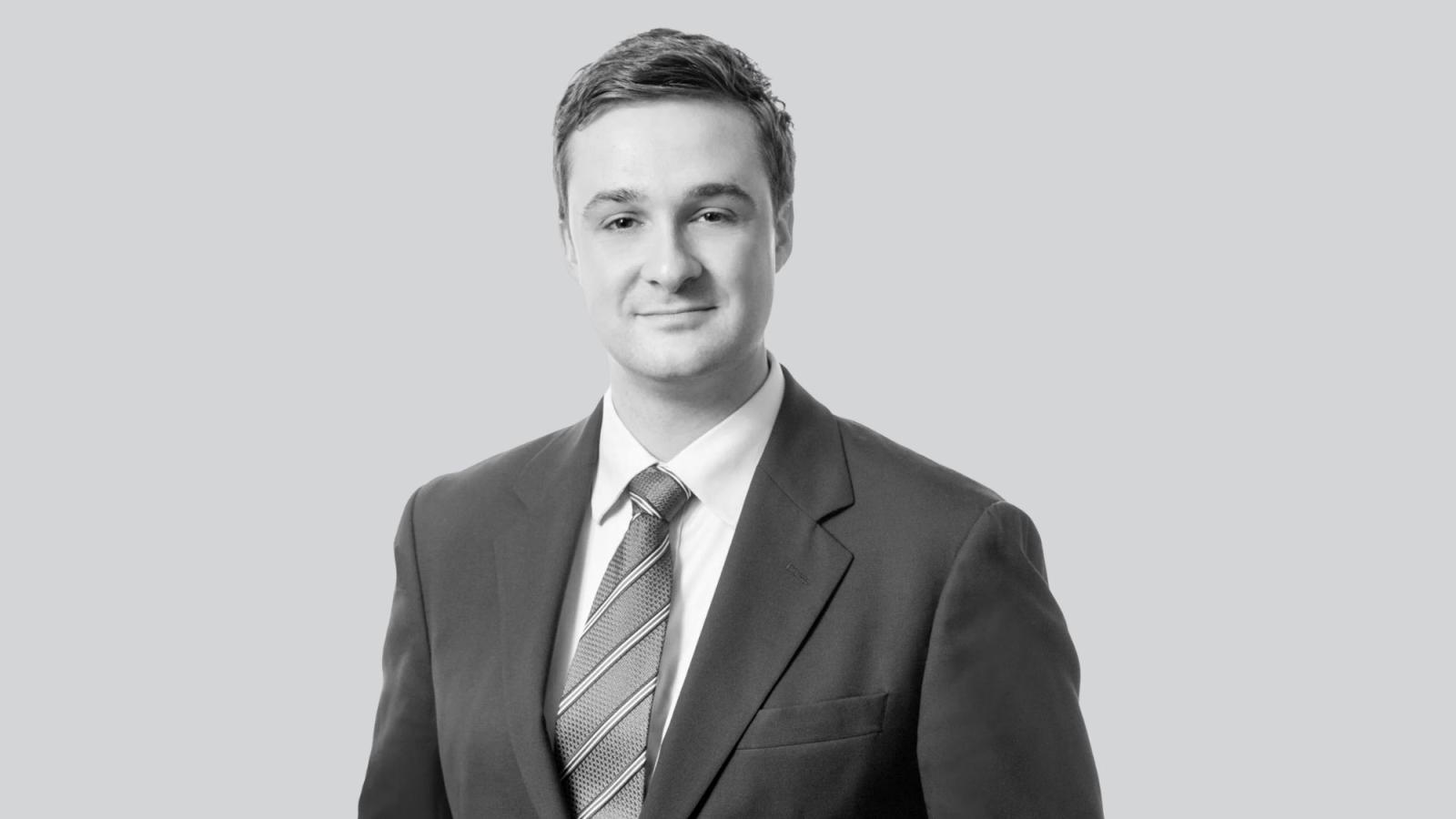
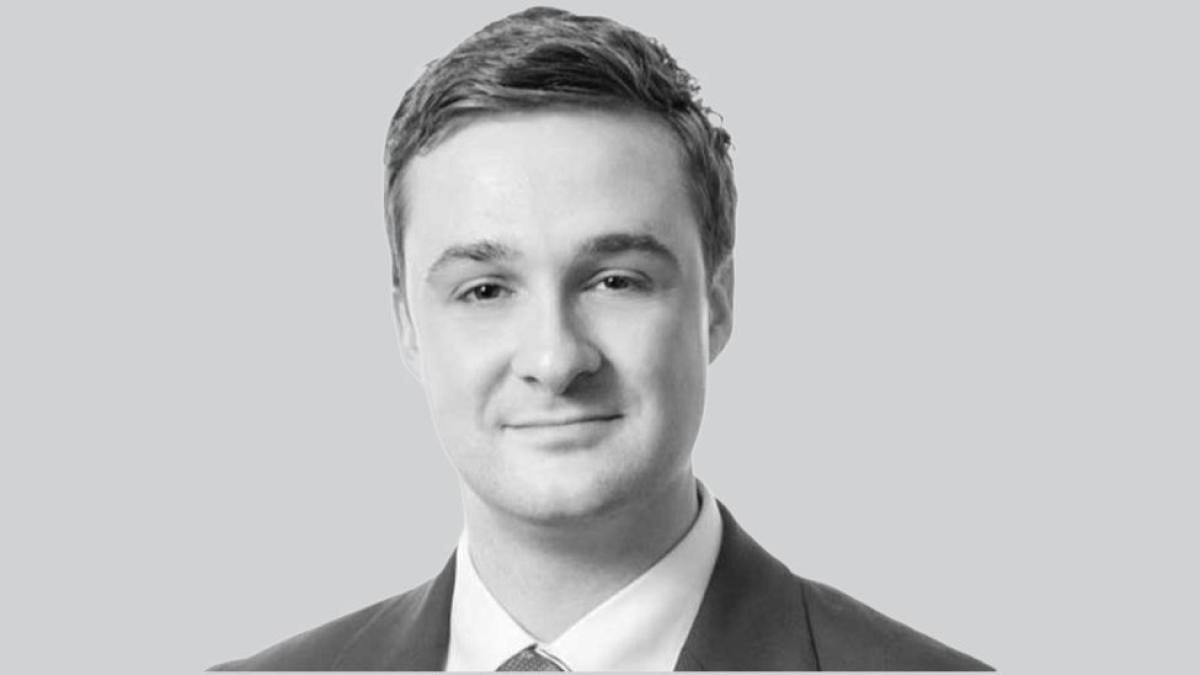
The Elisabeth Haub School of Law at Pace University welcomed Tyler Maulsby, Deputy Managing Partner of Frankfurt Kurnit Klein and Selz PC, to deliver the 2026 Philip B. Blank Memorial Lecture on Attorney Ethics speaking on, “Legal Ethics in the Age of Artificial Intelligence.” Held virtually on Monday, January 26, Tyler examined how the expanding use of generative AI is reshaping the legal profession and raising critical ethical questions for lawyers, clients, courts, and the public. Special thanks to Professor Imre Szalai and the students of the Honor Board for confirming Tyler Maulsby as our speaker.
Elisabeth Haub School of Law Dean Horace E. Anderson Jr. gave welcoming remarks, noting the timeliness of the topic as AI tools are increasingly being used to draft, research, summarize, and even advise. He observed that this raises “significant questions for our profession—such as, ‘How do we protect clients and the integrity of the legal system from the risks of misuse?’ and ‘How do we think responsibly about regulation as legal technology evolves?’”
During his insightful lecture, Mr. Maulsby explored how existing ethics rules apply to emerging technologies, focusing on core professional duties such as competence, confidentiality, candor, and communication with clients. He noted that while ethics rules establish minimum standards, they also leave room for lawyers to exercise professional judgment when navigating new technologies. Mr. Maulsby discussed the importance of transparency when lawyers use AI tools, particularly when such use could be material to a client’s matter. He encouraged lawyers to proactively communicate with clients about how and when AI is used, noting that trust depends largely on expectations, disclosure, and responsible oversight.
A central theme of Mr. Maulsby’s lecture was the growing tension between unauthorized practice of law rules and the public’s increasing use of generative AI tools for legal help. While ethics rules traditionally focus on lawyers’ responsibilities, individuals and small businesses are already turning to platforms like ChatGPT and similar systems to address everyday legal needs—often outside the boundaries of the attorney-client model.
Mr. Maulsby noted that this development comes at a time of deep unmet legal need. In New York, a 2024 report from NY State Court’s Permanent Commission on Access to Justice found that 75% of low-income households experience at least one civil legal problem each year, yet many are unable to find assistance. Generative AI, if responsibly regulated and deployed, could help expand access to justice, but current unauthorized practice laws also create uncertainty for innovators seeking to develop tools in this space. “In my view, states would be well suited to explore changes to their UPL laws that would allow for innovation and responsible growth instead of opting for an outright prohibition and sort of legislating reactively, “ Mr Maulsby said.
The Philip B. Blank Memorial Lecture on Attorney Ethics was established in 1990 by the family, friends, and colleagues of the late Philip B. Blank, Associate Dean for External Affairs and Professor of Law at Pace University School of Law. In honor of Dean Blank’s commitment to legal ethics, the Blank Lecture has presented distinguished members of the legal community recognized for their leadership in attorney ethics and professional responsibility for more than 35 years. Recent past lecturers include experts and academics in the area of Attorney Ethics and Practice, such as Andrea Kupfer Schneider, Professor of Law, Yeshiva University, Irene Oritseweyinmi Joe, Professor of Law, UC Davis School of Law, Mimi Rocah, Former Westchester County District Attorney, and others.